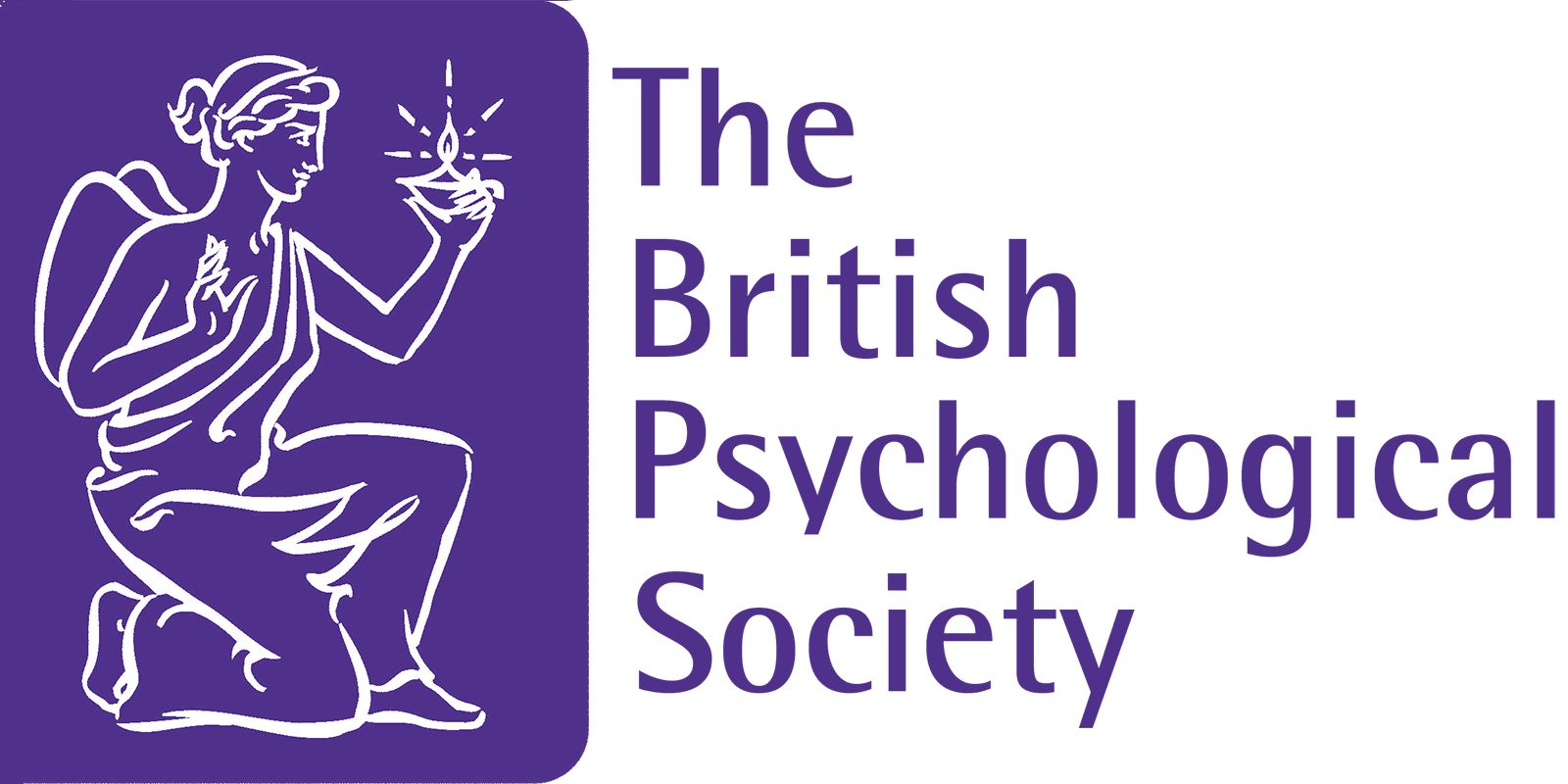Release time: 2024-05-06 14:49
Societal pressure about the ideal pregnancy impacts women’s wellbeing
As Maternal Mental Health Awareness Week begins, we report on a study which reveals the shame and stigma pregnant women with mental health problems experienced when they didn’t feel the way they thought they were expected to during pregnancy.
The study found women felt the pressure of unrealistic expectations of a ‘glowing’ portrayal of pregnancy as an idyllic time without problems during which they should be happy and excited.
However, when participants’ experience and feelings did not match this, they felt guilty, ashamed and alone, the research, published in the Journal Psychology and Psychotherapy: Theory, Research and Practice, found.
In recent years, UK perinatal mental health services have undergone significant transformation. But the study authors say despite clinical practice developments, gaps remain in the understanding of the psychological needs of pregnant women.
Dr Angus MacBeth, Senior Lecturer in Clinical Psychology at the University of Edinburgh and one of the study's authors, said:
“The voices of the women interviewed in our research offer a powerful reminder that although perinatal mental health care provision across the nations of the UK continues to improve, there is still work to ensure that services have an optimal fit to the needs of the individual, especially during pregnancy, as well as once the baby is born.
“Our findings highlight that it is vital that health and social care providers, including the third sector, are well informed about perinatal mental health, so that they can effectively engage with individuals during pregnancy.”
For the study, researchers interviewed 11 women with moderate mental health problems from urban and rural areas in Scotland.
Often participants had felt trapped by their thoughts and several expressed feeling disconnected from their pregnancy with a lack of a bond or connection that they had expected, which often reinforced their distress.
Not feeling the way they expected reinforced feelings of guilt and shame, and stopped the women from seeking help and disclosing these ‘wrong’ feelings to others.
The women also felt there was a need for greater awareness of mental health difficulties during pregnancy, and that there should be a more realistic portrayal of this time in a woman’s life.
Despite women describing positive experiences of specialist perinatal mental health services, they felt there was a need for earlier referrals. Participants were often not referred until postnatally, receiving no input during pregnancy.
The study highlights the need for women to have access to a wider range of treatments and alternatives to medication during pregnancy, such as access to psychological therapies or peer support opportunities.
Read the full study findings.
